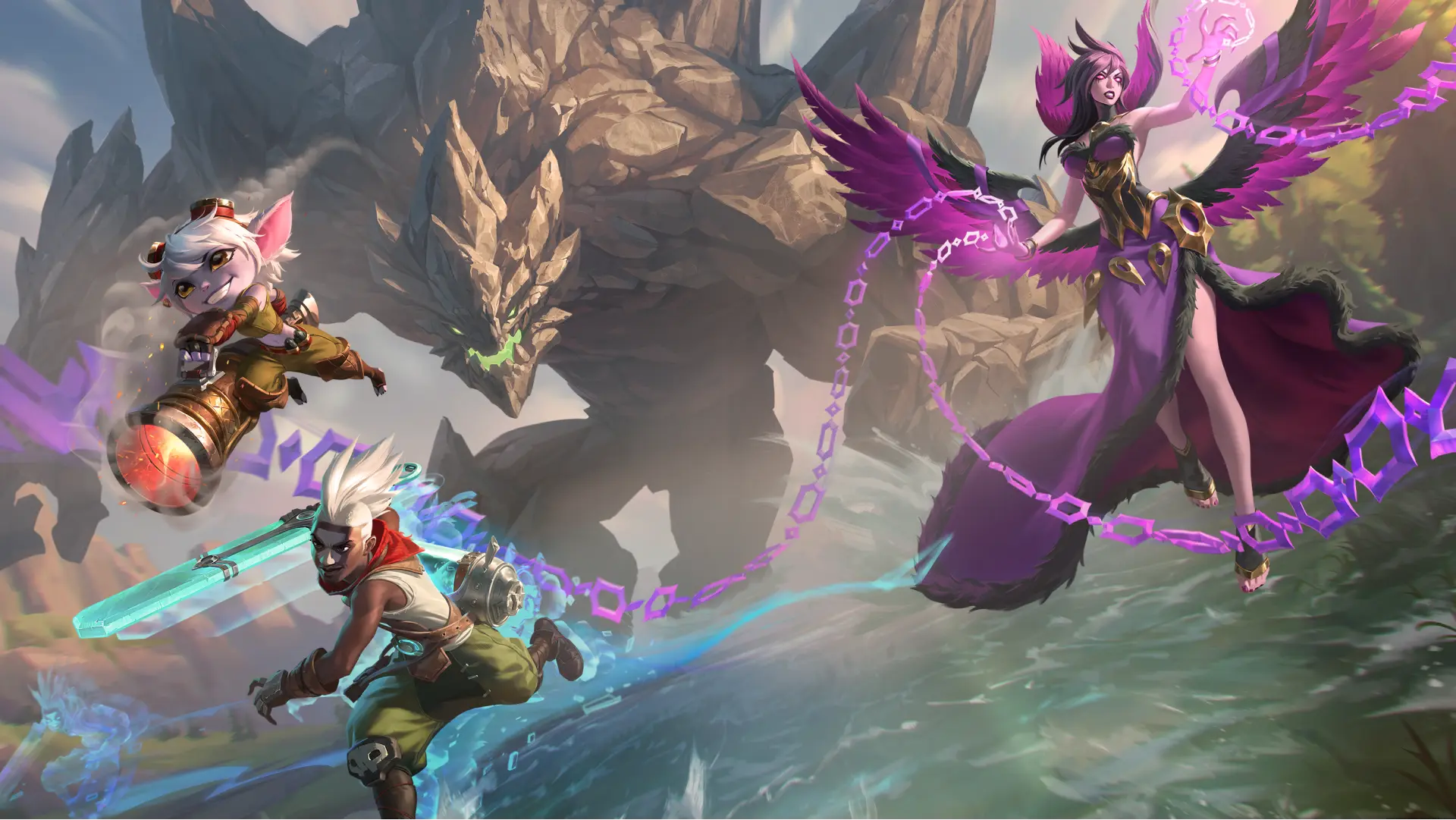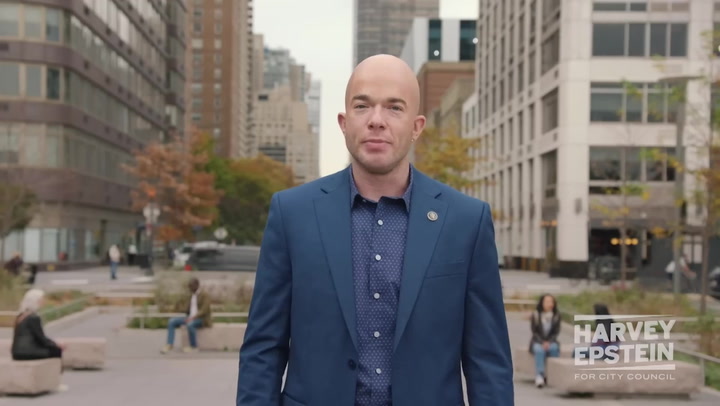Cyberpunk 2077 emerged as one of the most anticipated video games of the decade. Developed by CD Projekt Red, it boasted immersive storytelling, cutting-edge graphics, and expansive worlds. However, upon release in December 2020, it became a hotbed for criticism. This article delves into the myriad reasons behind the Cyberpunk 2077 controversy, examining the game's challenges, its technical issues, and the whirlwind of discussions it has fostered in the gaming community.
The Anticipation and Hype
The lead-up to the launch of Cyberpunk 2077 was marked by extraordinary hype. Announcements and teaser trailers hinted at a revolutionary RPG experience, captivating a vast audience. The gaming world was abuzz with excitement about the game's intricate narratives, character customization features, and the freedom it promised to players. Pre-orders skyrocketed, with consumers eager to explore the dystopian universe crafted by the developers.
Technical Issues Upon Launch
Despite the significant enthusiasm, the actual launch revealed a disappointing reality. Players encountered a plethora of bugs and performance issues, especially on last-generation consoles like the Xbox One and PS4. Reports detailed crashes, glitches, and subpar performance, frustrating countless users who had expected a polished product. Many gamers took to Reddit and other forums to voice their grievances over these issues, amplifying the ongoing discussions.
Wide-Ranging Technical Problems
- Graphics not matching promotional materials.
- Frequent crashes during gameplay.
- AI and NPC behavioral glitches.
- Loading times that were excessively long.
The game's performance on consoles led to public outcry, prompting many players to feel misled by the marketing. The severity of these issues pushed Sony to take an unprecedented step: they removed Cyberpunk 2077 from the PlayStation Store and offered refunds. This action emphasized the extent of dissatisfaction and contributed significantly to the discussions revolving around the game.
Promises vs. Reality: The Discrepancy
Beyond technical issues, the disparity between what was promised and what was delivered became a focal point of conversation. Many gamers felt that CD Projekt Red had overpromised and underdelivered, going so far as to accuse the studio of deception. The game’s expansive open-world design, which had been lauded, also drew criticism for lacking depth and interactivity. Players were left wondering how much of what they experienced aligned with the marketing hype.
Core Features That Didn't Deliver
- Limited RPG elements that did not offer choices impacting the story significantly.
- Non-responsive NPCs that detracted from immersion.
- Repetitive mission structures with little variance.
This gap led to a debate within the community about the ethics of game marketing, raising questions of trust between developers and gamers. Critics argued that such practices risked damaging the reputation of the entire industry.
The Fallout: Community Reactions
The backlash against Cyberpunk 2077 was substantial. Players expressed their frustrations through reviews, social media posts, and fan content, with many stating they felt betrayed. The conversations surrounding the game became a microcosm of larger issues within the gaming industry, including crunch culture, transparency, and consumer rights.
The Broader Implications
As the discussions evolved, they transcended the game itself. Analysts began to explore the implications of such a flawed launch on future titles. Would CD Projekt Red's debacle impact how games are marketed? Would it instigate a new level of scrutiny regarding developer accountability?
CD Projekt Red's Response
In light of the backlash, CD Projekt Red released multiple statements addressing the discontent. They acknowledged the issues and committed to providing fixes and improvements. The studio's approach included:
- Releasing patches to address technical issues.
- Promising transparency regarding ongoing development efforts.
- Engaging more directly with the community to understand their pain points.
The ongoing development post-launch demonstrated their dedication to rectifying the situation, yet it did little to quell the initial wave of criticism that had already made significant waves across the gaming landscape.
The Future of Cyberpunk 2077
Despite its tumultuous launch, Cyberpunk 2077 remains a notable title in gaming history due to its narrative depth and ambitious world-building. CD Projekt Red continues to work on updates, and future expansions aim to address player feedback. This evolution could potentially shift the game’s standing in the community over time.
Lessons Learned
The fallout from the game's launch offers vital lessons for both developers and gamers:
- Developers must prioritize transparency in marketing to build and maintain trust.
- Players should champion consumer rights to hold developers accountable.
- Quality assurance processes should be rigorous to mitigate risks associated with launch.
The debates initiated by Cyberpunk 2077 extend beyond a single game. They highlight the broader challenges faced by the gaming industry regarding expectations, promises, and the importance of delivering a quality experience.
Conclusion
The Cyberpunk 2077 controversy serves as a pivotal chapter in gaming history, illustrating the complexities of game development and the interactions between creators and consumers. As discussions continue to thrive, they keep the lessons learned at the forefront, shaping the industry's future.




.webp)

